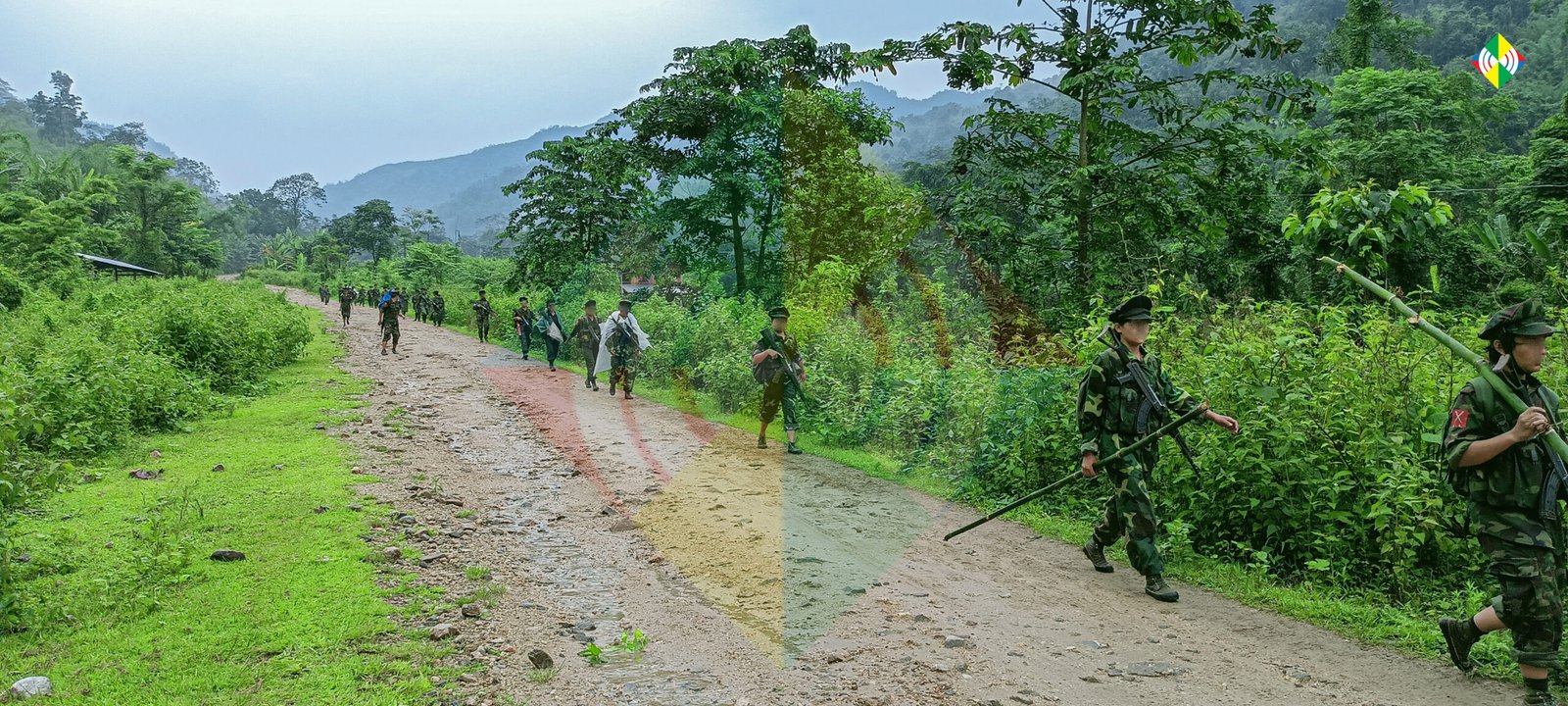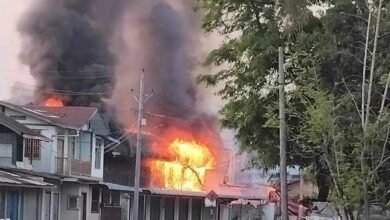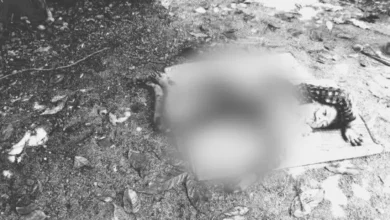Wildlife trade has grown in Puta-O since coup, locals call for ban

The wildlife trade in Puta-O has greatly expanded since the military coup, according to local sources. Local people are calling for a ban on selling rare birds and wildlife species in the Puta-O market.
Local people report that the sale of rare and scarce birds in Puta-O has increased after the military coup. People believe that there is a lack of enforcement of the rules protecting rare species of birds and wildlife, so local hunters have been hunting and selling rare birds and wildlife at an increasing rate.
“Nobody takes action against these hunters in Puta-O. Hunters try to capture rare and scarce birds in the field at night and sell these birds in the market the next morning. Some species of birds being sold in the market are migratory species that travel from China to stay in the Puta-O region during the winter. I have seen birds with Chinese research tags attached to their legs for sale in the market. These birds are so beautiful and colorful. I witness people selling these birds in the Puta-O market almost every morning,” a local Puta-O resident told KNG.
The local man said since March he has seen an increasing number of rare birds and wild animals being sold at the Puta-O morning market in the morning. He said that the wild animals being sold at the Puta-O market include red-colored mountain goats and gibbons.
The red-coloured mountain goats are likely Budorcas taxicolor, also known as Takin, which are classified as a “vulnerable” species on the IUCN Red List of Threatened Species. The gibbon species most common in northern Myanmar is the Hoolock gibbon. There are three types of Hoolock gibbon in the area: Eastern Hoolock Gibbon (Hoolock leuconedys) which are classified as “vulnerable” on the Red List; and the Skywalker Hoolock Gibbon (Hoolock tianxing) and Western Hoolock Gibbon (Hoolock hoolock) which are both classified as “endangered” on the Red List.
There has long been wildlife trade in Puta-O but prior to the military coup it was fairly secretive. Local sources say that since the coup people openly sell wild animals in the Puta-O fresh.
Another Puta-O resident said that in order to stop the wildlife trade, local people need to have access to skills training and economic opportunities.
“It is people’s daily survival needs which are pushing people into the wildlife trade. If local people had access to alternative business opportunities the hunting and selling of endangered wild animals would decrease. If nothing is done to stop the wildlife trade, all the animals will be killed and the biodiversity and environment will be damaged,” the man told KNG.
After the military coup, local people in Puta-O are struggling for their daily survival. These livelihood needs are driving local people in Puta-O engage in the wildlife trade as well as the overharvesting of medicinal plants and freshwater fish stocks.




